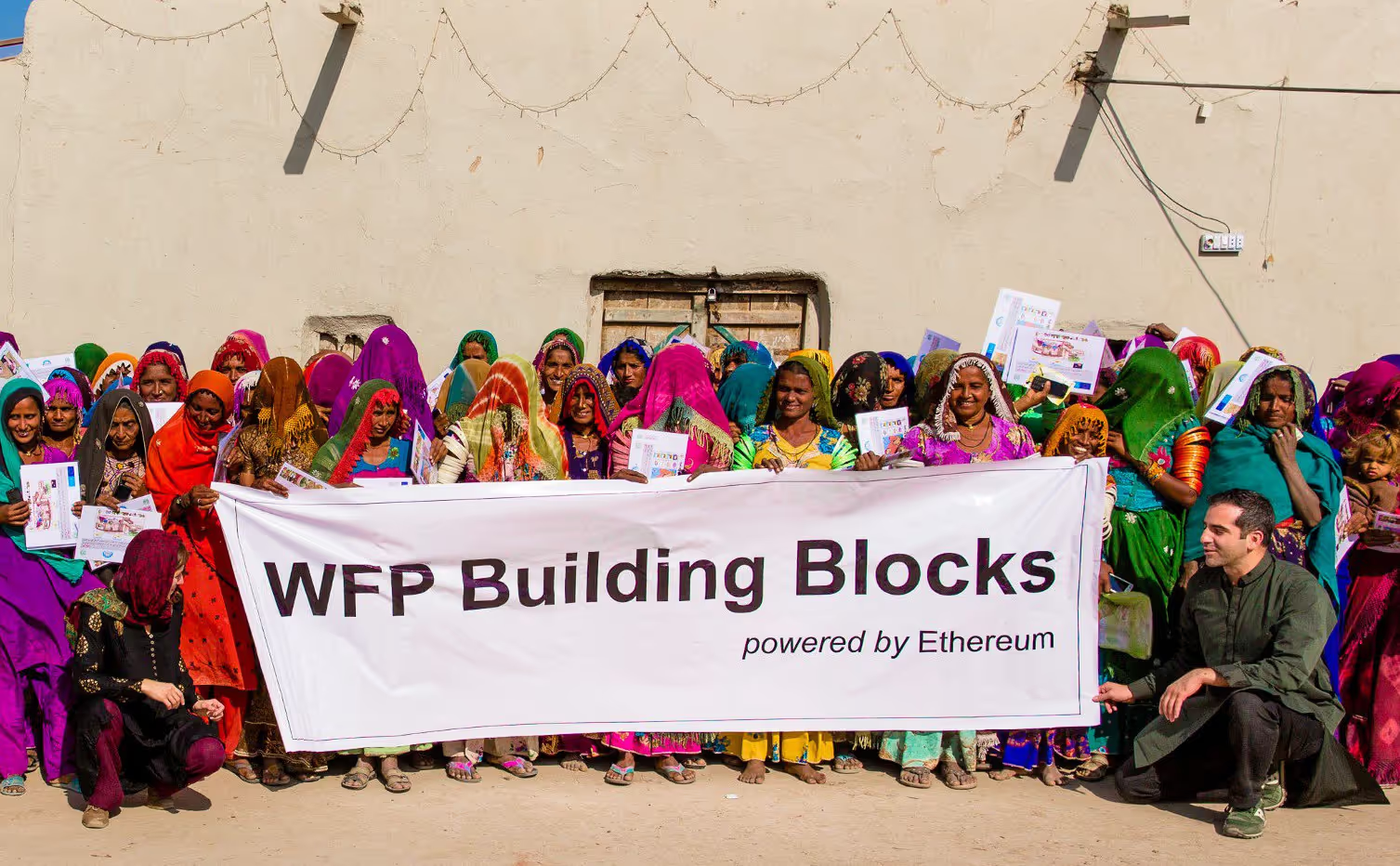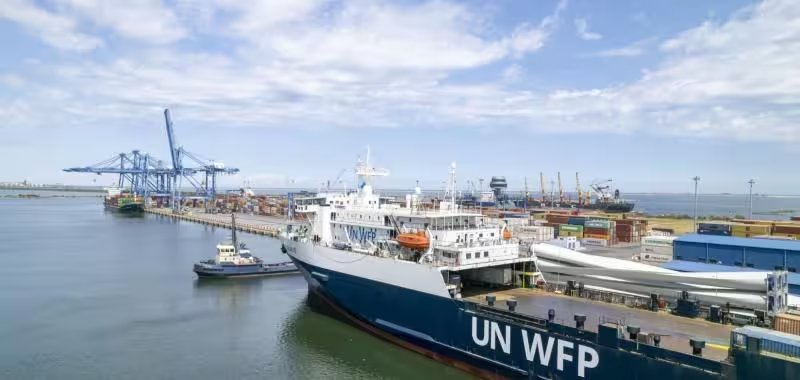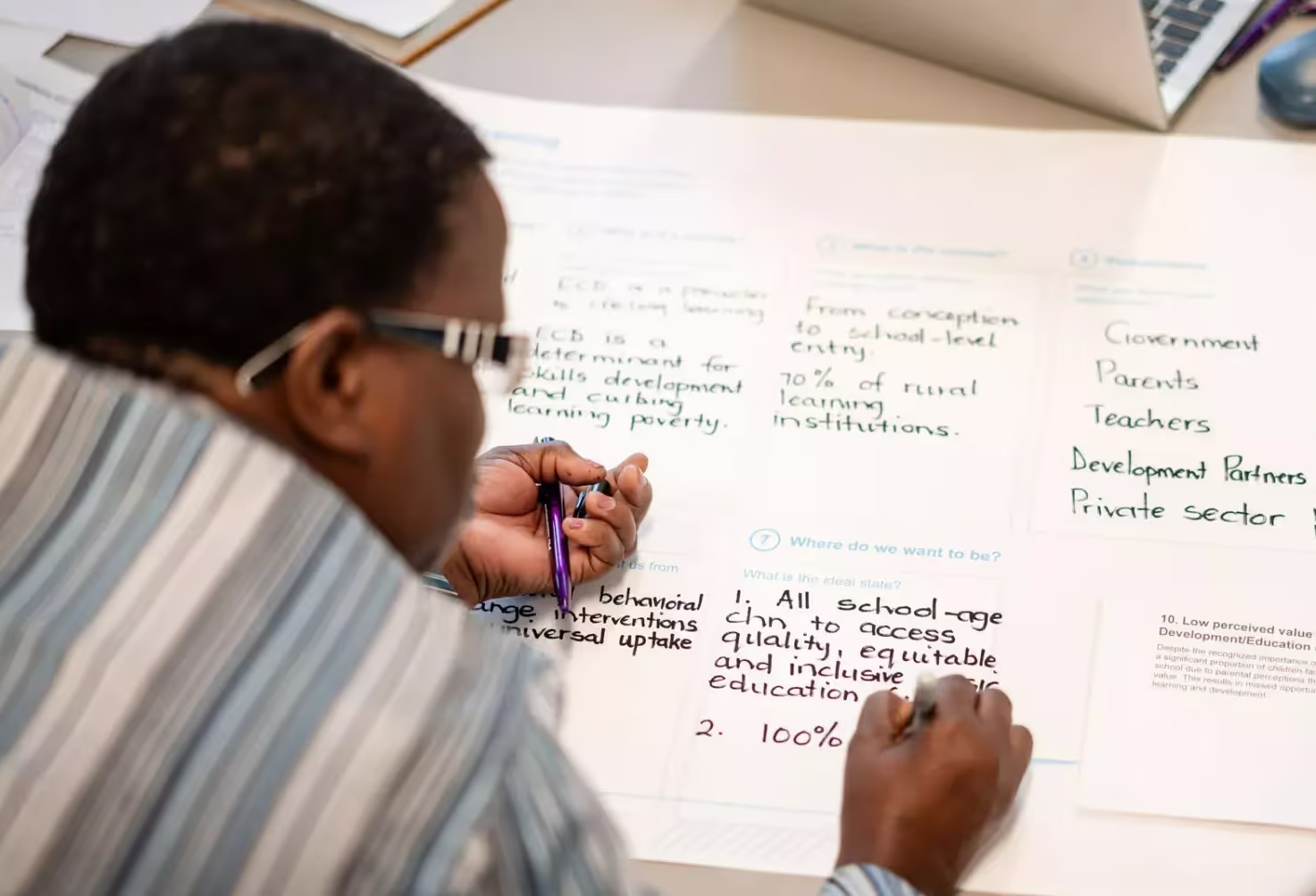Building Blocks

As part of its Building Blocks pilot, WFP is trialling blockchain as a means of making cash transfers more efficient, transparent and secure. Cash transfers, through vouchers or pre-paid debit cards, allow people to purchase their own food locally and are an effective way to empower them to make their own purchasing decisions to relieve hunger. Cash transfers are an increasingly important means of providing assistance, with the number of people receiving WFP cash transfers growing steadily in recent years, from 3 million people in 2010 to 9.3 million in 2015. Blockchain is a digital ledger technology used as a trusted way to track the ownership of assets without the need for a central authority, which could speed up transactions while lowering the chance of fraud or data mismanagement. Crucially, its peer-to-peer nature removes the need for verification from costly intermediaries such as banks or other institutions. By harnessing the power of the blockchain, WFP aims to reduce payment costs associated with cash transfers, better protect beneficiary data, control financial risks, and set up assistance operations more rapidly in the wake of emergencies.


.avif)

